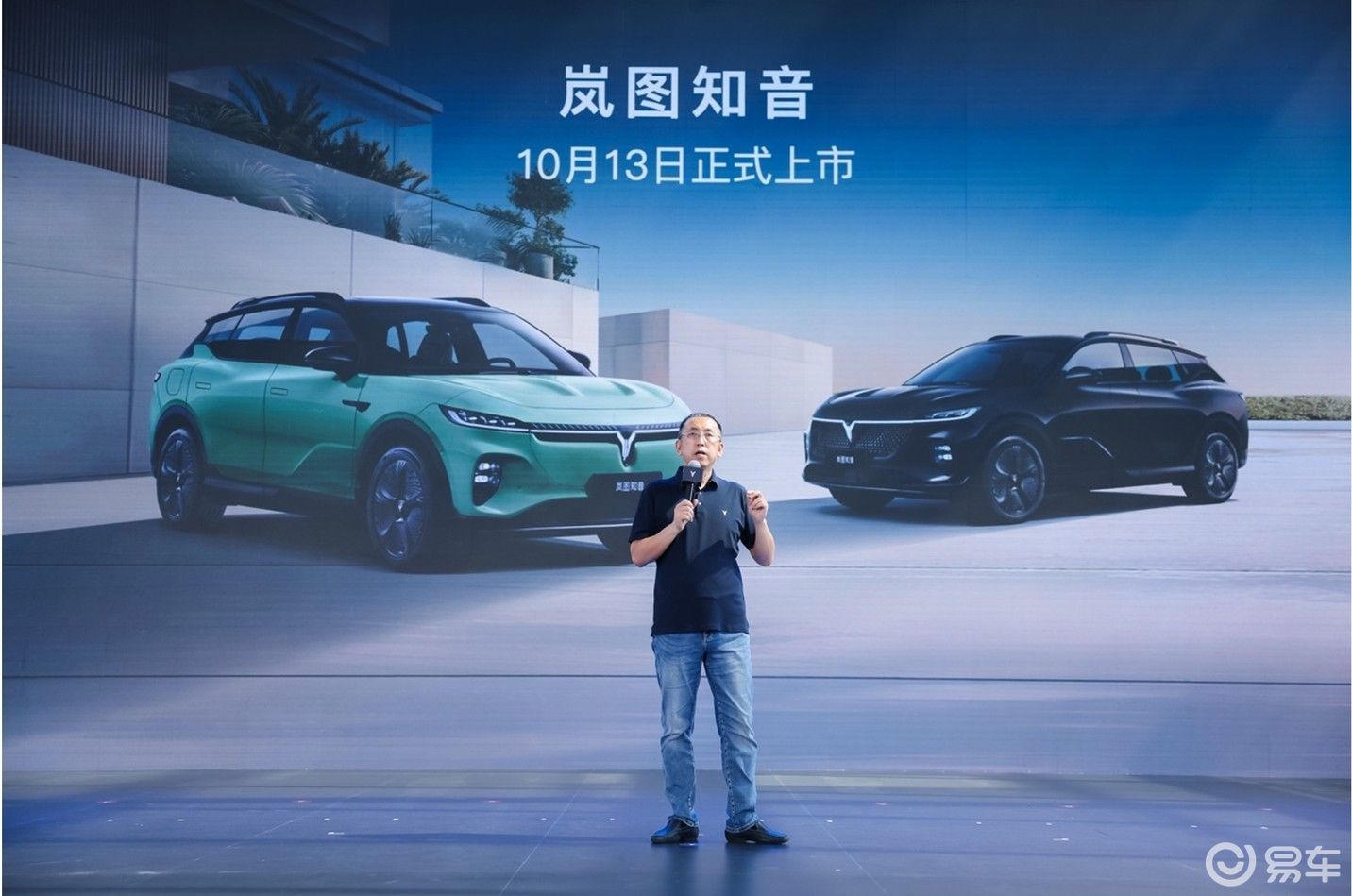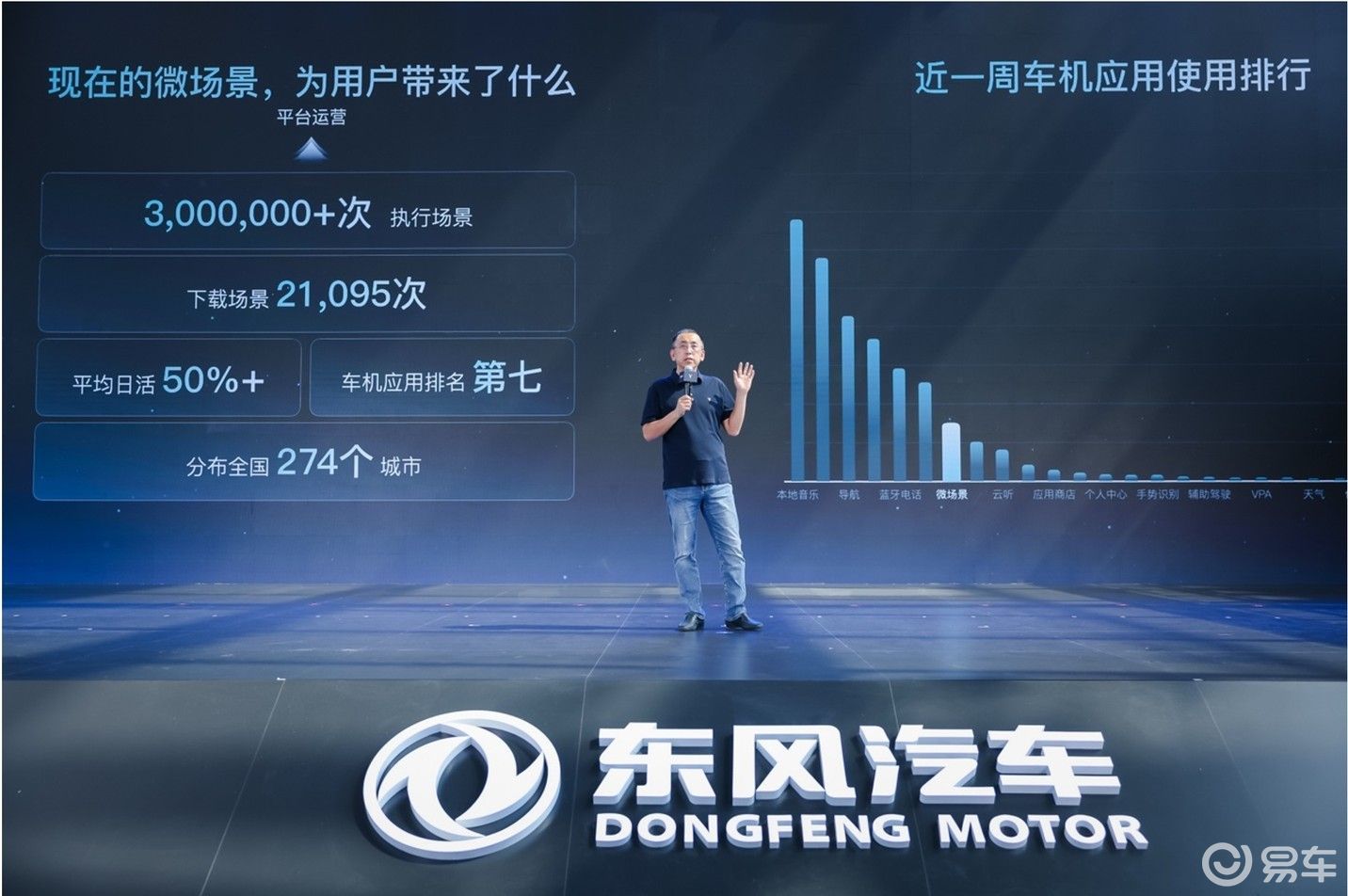Conversation with Lu Fang: The Lantu Happy Cockpit is in the first echelon

After experiencing the first half of the competition with the theme of electrification transformation, the automotive industry has entered the second half of the competition with intelligence as the core since this year. Among them, the intelligent cockpit is regarded by the outside world as a key product item to judge the technical strength of enterprises due to frequent user use, high perception, and the ability to create new scenarios and experiences.
A few days ago, Dongfeng Landmap released a new generation of intelligent cockpit "Happy Cockpit" developed by itself. In communication with the media, Lu Fang, CEO of Landmap Automobile, said that "Landmap Happy Cockpit is already in the first echelon of the industry", which not only reflects Landmap’s technical level in the field of intelligence, but also shows the brand’s in-depth thinking about the future development trend of smart cars.

First of all, Lu Fang pointed out that the current competition of smart cockpits is no longer based on the functional level, but to create a new travel experience from the perspective of users’ high-end intelligent needs in the "third space" in the new era.
Landmap put forward the three-degree "carefree" concept of "more temperature, more depth, and more breadth", aiming to bid farewell to the shortcomings of traditional cockpit functions and try to reconstruct the "human-vehicle interaction relationship".
Under this new concept, Lantu uses leading software and hardware and AI models to meet users’ multiple needs for driving freedom, comfort and entertainment, allowing "technology to shine into reality".
At the same time, thanks to the developer platform 2.0 created by the "software-defined car", the happy cockpit is not only a smart cockpit with excellent performance, but also can help users realize a personalized "haute couture cockpit".

Up to now, 90% of Lantu car owners have used the micro-scene function, and nearly 70% of car owners have created their own commonly used micro-scenes, which are distributed in 274 cities across the country. The scenes of Lantu cars have been executed more than 3 million times. These scenes not only show the owners’ unique understanding of intelligent driving life, but also greatly enrich the practicality and interest of car machine applications. Importantly, micro-scenes have now climbed to the seventh place in the Lantu car machine application heat list, gradually becoming the rigid demand function of car owners.
In addition, Landmap has also launched a global developer recruitment program. Landmap Auto invites global technology companies, IT industry, automotive industry practitioners and software enthusiasts to join the developer platform 2.0 to explore diverse car-machine gameplay and build a smart travel ecosystem.
It is reported that the new generation cockpit will be officially launched on October 13.

It is worth mentioning that before the release of the new generation of Xiaoyao cockpit, Lantu has just launched a new Dreamer equipped with Huawei’s Smart Driving ADS 3.0 and Hongmeng cockpit. Lantu Auto and Huawei also have in-depth cooperation in the field of intelligence. In this regard, Lu Fang said, "Lantu is not just a car company, but also an open cooperation platform. Huawei is indeed’far ahead ‘in the field of intelligence, so we have adopted Huawei’s most advanced smart driving smart cabin technology in the new Dreamer, but at the same time, we also provide models using our self-developed Kunpeng Smart Driving and Xiaoyao cockpit. Users can choose suitable products according to different needs."
It can be seen that in the field of intelligence, Landmap adopts a two-line model of self-research and cooperation, which not only brings more choices to users, but also helps to achieve more efficient and stable development for enterprises.
The author believes that, compared with large technology manufacturers, traditional OEMs have inherent disadvantages in the field of intelligence, blindly self-researching, not only huge investment, efficiency may not be high, unable to keep up with the rapid iteration of intelligent cabin intelligent driving rhythm; but if completely rely on suppliers, will lose "soul" and long-term development of the initiative.
Landmap chose a 1 + 1 > 2 model, adhere to self-research, lay a solid technical base, and master the core technology; under the premise of "know how", actively cooperate with top suppliers in the industry, which can not only quickly improve product strength, but also better understand user requests, and create an intelligent product experience with brand differences.
As Lu Zai said when talking about the difference between fuel vehicles and new energy vehicles in intelligence, when the smart cabin smart driving function is limited and the level is still lacking, the difference between the two may not be obvious, but with the improvement of user requests and the deepening of intelligence, the essence of traditional fuel vehicles in energy, electronic and electrical architecture, data and other underlying support is different from that of electric products, which will gradually be exposed and become the core crux of their rapid backwardness. What is the technical strength of car companies in the field of intelligence, and whether they can create a future travel space beyond imagination for users, may be indistinguishable in the short term, but in another three or five years, we will definitely see the real chapter.